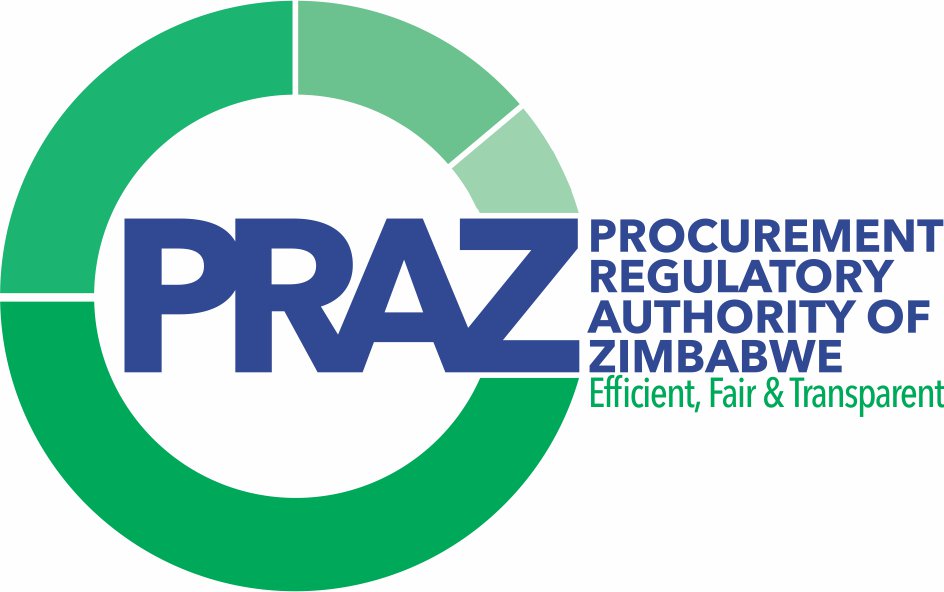Avoid undue influence; PRAZ urges procurement professionals
PROCUREMENT professionals and accounting officers have been implored to maintain high levels of impartiality by avoiding undue influence in their decision-making.
The clarion call was made by the Procurement Regulatory Authority of Zimbabwe (PRAZ) chief executive officer, Mr Clever Ruswa at the 3rd two-day annual public procurement symposium that kicked off in Bulawayo yesterday under the theme, “The future of public procurement, emerging trends and opportunities.”
Mr Ruswa said ethical code of conduct is crucial in safeguarding the procurement profession but it was disturbing that there were still some rogue elements within the industry.
He said it is prudent that procurement professionals separate personal interests from professional responsibilities to avoid conflict.
Mr Ruswa said codes of conduct promote transparency by ensuring that decisions and actions are well-documented and open to public scrutiny.
“This transparency enhances accountability and helps prevent corruption or misuse of public resources.
“We need to be aware that there is integrity and public trust at stake, considering the issue of public funds that we use. As such, procurement decisions should be based on objective criteria, such as value for money, technical merit, and the overall best interests of our organisations.
I therefore implore you to maintain impartiality and avoid any undue influence or bias in your decision-making processes,” said Mr Ruswa.
He said ethical standards help to maintain a strong professional reputation and credibility within the industry and also reinforces compliance with relevant laws, regulations and policies governing the procurement process.
Speaking in his keynote address, guest of honour Dr Fred Ongisa, secretary and chief executive officer at Kenya Institute of Supplies Examination Board (KISEB) said public procurement is a cornerstone of Government operations as it ensures that public funds are used efficiently and transparently to provide essential services and infrastructure.
He said in the field of innovation policies, Governments have traditionally directed their efforts towards the supply side, ensuring that the private sector operates in an environment conducive to innovation while the role of “demand-side policies” to support innovation has gained prominence and has been receiving growing interest from many countries.
“Governments recognise that innovations materialise when there is a demand for it. Therefore, effective policies to support innovation have to focus on both supply and demand conditions. Among demand-side innovation policies, such as innovation-friendly regulations or lead market initiatives, public procurement is increasingly recognised as a potential strategic instrument and a policy lever for achieving Government policy goals,” said Dr Ongisa.
He said the strategic use of public procurement to boost innovation is closely connected to a Government’s power to shape and create market conditions.
PRAZ board chairperson Mrs Ntombenhle Moyo said public procurement is no longer about the efficient acquisition of goods and services as it has evolved into a strategic lever for driving sustainable development, fostering innovation and building resilient supply chains worldwide. She said PRAZ’s role is to foster an enabling environment that empowers public procurement practitioners to navigate the evolving landscape and harness the potential of emerging trends.
“As a regulator, we stand at the cusp of remarkable changes, driven by several key emerging trends and those that are fostered by innovation. Since the roll out of the electronic Government Procurement (eGP) system, there has been a significant chunk of public procurement players registering on the platform. The eGP system is a game changer in our procurement landscape, which I urge you to embrace,” said Mrs Moyo.
She said development of training modules, meant to tailor make solutions to meet suppliers’ needs is ongoing.
Mrs Moyo said there is a growing imperative to align public procurement with environmental, social and governance goals.
“I implore you all here to consider this emerging trend of integrating green procurement practices, supporting local and marginalised and previously disadvantaged businesses, and measuring the socioeconomic impact of your purchasing decisions that are becoming essential-chroncile










